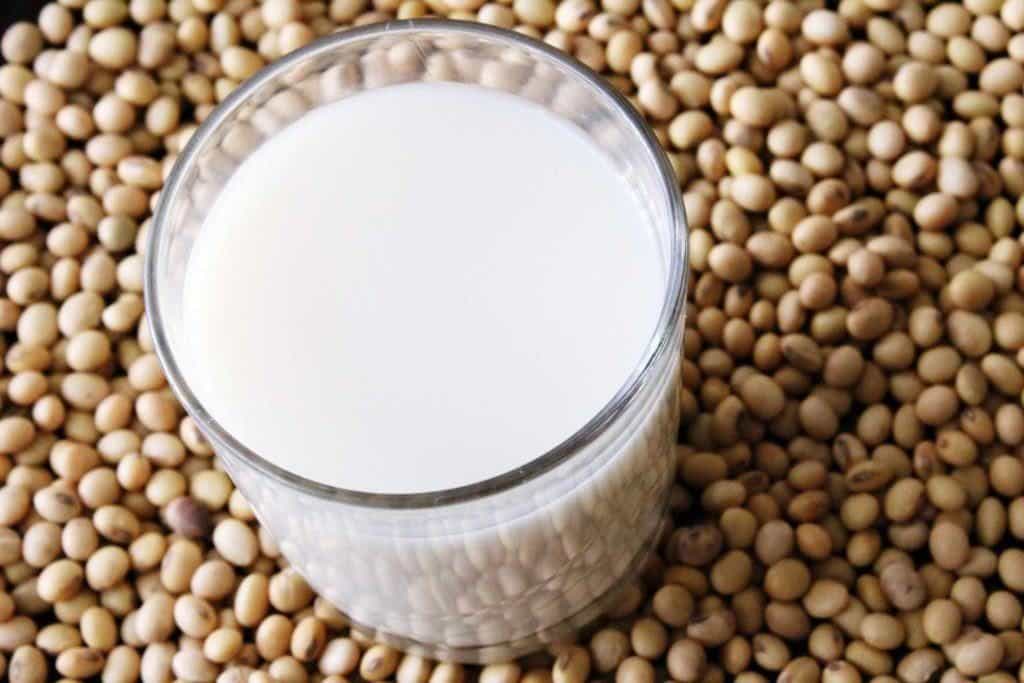Contents:
- Medical Video: Study Links Natural B Vitamin Folate And Cancer Prevention
- Is there a connection between folic acid, vitamin B12 and the risk of breast cancer?
Medical Video: Study Links Natural B Vitamin Folate And Cancer Prevention
Folic acid is one part of vitamin B that can help the body make new cells, and everyone needs folic acid. This vitamin is also very important for pregnant women. Getting enough folic acid intake before and during pregnancy can prevent birth defects, especially in the brain and spine.
Foods that contain folic acid, namely
- Green vegetable
- Fruits
- Nuts
- Grain products like wheat
If we lack folic acid from the food we eat, chances are we should take food supplements. Vitamin B12 is a water-soluble vitamin. After the body consumes Vitamin B12, the body will release the rest through urine. Vitamin B12 is also important for the body's metabolism in helping the formation of red blood cells and maintenance of the central nervous system. In addition, vitamin B12 can be stored in the liver for years.
Is there a connection between folic acid, vitamin B12 and the risk of breast cancer?
Adequate intake of folic acid is important enough to prevent breast cancer and the benefits obtained are related to the metabolism of folic acid itself. Many researchers have evaluated the relationship of folic acid to the risk of breast cancer and the effect of folic acid intake on cancer.
Experimental and epidemiological studies have shown that low intake of folic acid can increase the occurrence of cancer. Lack of folic acid can interfere with DNA synthesis, repair mechanisms, and affect gene expression through abnormal DNA and RNA methylation. In addition, the metabolic pathways involved in DNA methylation require other micronutrients such as vitamin B12 as a supporting factor. Several epidemiological studies show that the risk of breast cancer in women can be reduced by sufficient intake of folic acid for the body. In addition, folic acid also has a protective effect against breast cancer. Therefore, studies and samples that have been taken show that folic acid intake has to do with the risk of breast cancer.
Some studies show that there is no overall relationship between folate intake and breast cancer risk. However, the study noted an inverse relationship between folate intake and breast cancer risk in women who consumed high amounts of alcohol. One of them is a case study that examines blood to determine the relationship between circulating levels of folic acid and the risk of breast cancer. The results showed that folic acid had an overall protective effect on breast cancer risk. This protective effect will differ depending on the level of vitamin B12 intake.
Folic acid has an influence in nucleotide DNA and RNA methylation synthesis. Effect procarcinogenic is evidence of low body folate intake. The function of folic acid is needed to convert homocysteine to methionine in the methylation of DNA through methionine synthase. The enzyme requires vitamin B12 as a supporting factor in the process of changing homocysteine into methionine and determining cell methylation capacity. Therefore, taking vitamin B12 is important to meet the need for high folate intake.
High intake of folic acid can reduce the risk of breast cancer in menopausal women and the benefits of folic acid are influenced by vitamin B12 intake.
Always consult a doctor before taking folic acid or vitamin B1. Also tell your doctor if you are pregnant or breastfeeding.












